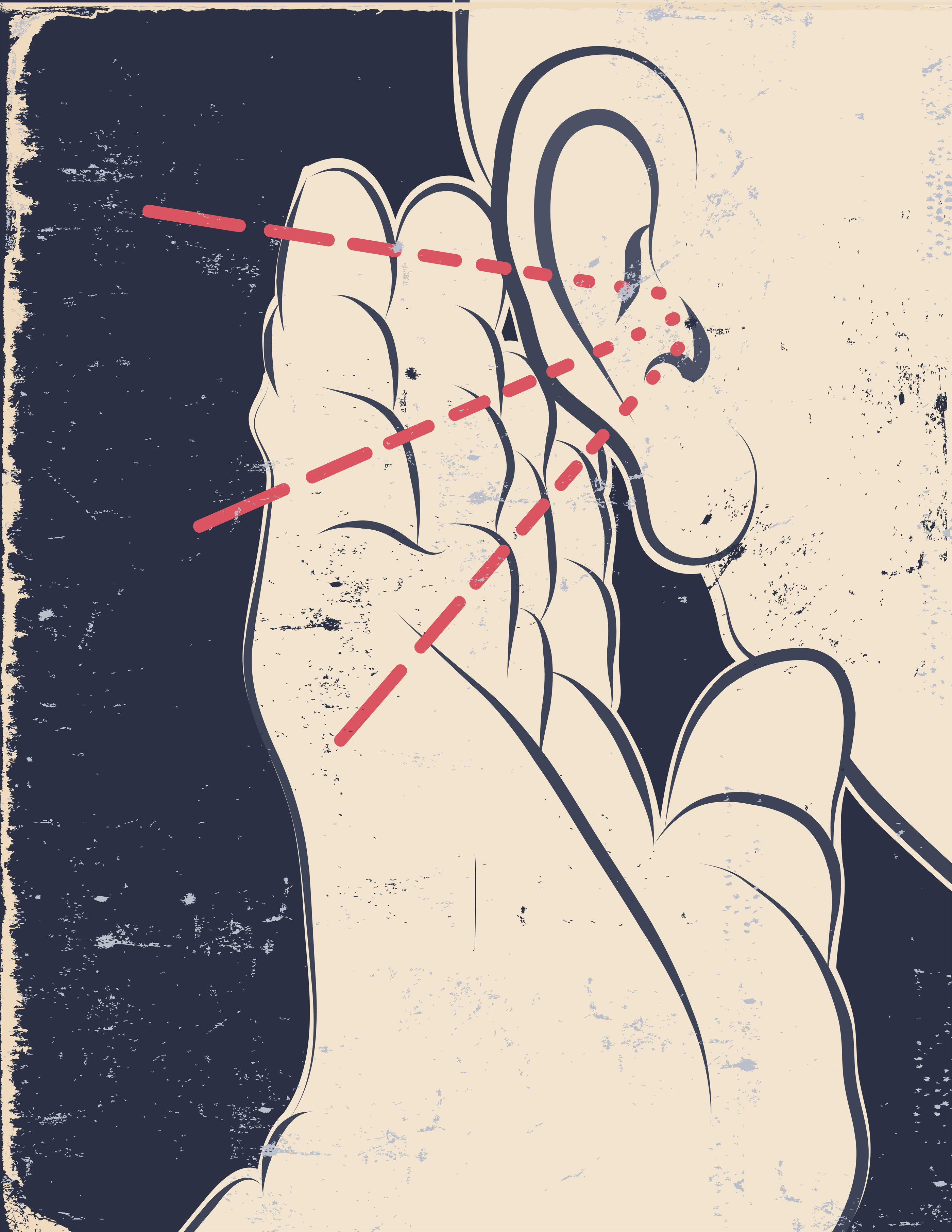 There was an article in last Sunday’s New York Times business section about Evan Williams, the founder of Twitter. He is stepping down as CEO to work on product strategy, a place where he feels he is best-suited to add value.
There was an article in last Sunday’s New York Times business section about Evan Williams, the founder of Twitter. He is stepping down as CEO to work on product strategy, a place where he feels he is best-suited to add value.
In dissecting his leadership personality profile, the journalist described Evan as “being at ease with himself,” and “comfortable in his own skin.” A key indicator was that, despite his significant status as a founder of one of the most important tech companies on the planet, Evan Williams is not one to dominate a group with his own chatter.
A friend described him like this:
“Often there will be a room with five people having a conversation and he says the least, but when he does talk, everyone listens intently, and it’s a gem.”
This comment caused me to think about the leaders I have observed who, rather than being at ease with themselves, may very well be at odds in their own skin.
You know what I’m talking about. It’s those colleagues who, upon finding themselves in any sort of group situation, will immediately take command of the conversation. They are compelled to be the first one in to express an opinion, to tell a story, or fill in the blank with a version of their life that they believe is crucial for the group’s edification.
This type of grandstanding can be quite entertaining – for maybe a couple of minutes. But after a while, the shimmer wears off and I become bored and exhausted. I begin to wonder if this person is simply unable to sit with a few minutes of his own silence. Why isn’t he asking anyone else about their ideas? Why isn’t he interested in someone else’s vacation plans? And for goodness sake, why did he just cut off Marty from talking about his bank meeting?
It’s like this person can not bear to think the group’s attention might be focused on someone else.
I have come to realize that those who get caught up in broadcasting their own non-stop self-a-thons are usually driven by a shadier subconscious agenda: the gnawing anxiety to prove themselves; the need to ensure that others know they are significant; the dizzying desperation to justify their leadership role. That’s about all there is to being a blowhard.
One of the fundamental hallmarks of strong leadership is self awareness. But when we are insecure, anxious and trying like mad to make an impression on everyone we meet, we are not likely to create capacity for this level of reflection.
It’s the problem of being uncomfortable in your own skin.
The irony is that when a leader is relaxed, focused on others, and stops trying so hard to impress people, they become much more effective and respected by others.
Next time you gather in a meeting, take a minute to stop and notice your own behavior. Do you feel compelled to draw attention to yourself with your own chatter? Or are you making space to listen to what others might have to share?
As for me, I think I’ll work towards having people say I’m a gem, rather than a blowhard.











